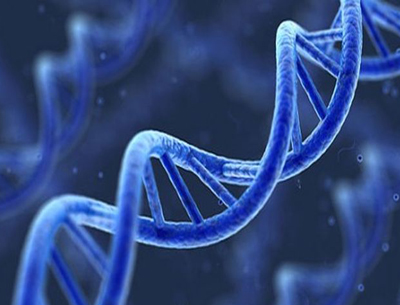New genes identified to help in asthma treatment
 Washington, July 9 : A research has discovered new genes that could be targeted in order to treat asthmatic disease, which currently affects over 200 million people worldwide.
Washington, July 9 : A research has discovered new genes that could be targeted in order to treat asthmatic disease, which currently affects over 200 million people worldwide.
The goal of the study was to find genes whose neighborhoods were active in diseased cells, but inactive in healthy cells. Genes that were in active neighborhoods in diseased cells were likely to contribute to disease, and could potentially be targeted with drug treatments.
Memory cells were responsible for quickly responding to foreign substances called antigens that the host has been exposed to previously. Air passage inflammation, which characterizes asthma, was mediated by an overactive response to inhaled antigens by memory cells.
By applying the technique in small populations of abnormal memory cells, the study highlighted 33 genetic neighborhoods that were highly active in diseased cells, but inactive in healthy cells, shifting the focus of asthma research to specific genes that are located in these neighborhoods.
The frequency of asthma has been rising across the developed world as well as in several large developing countries. Treatment for asthma usually includes long-term nonspecific medication, as there is no cure at present.
Pandurangan Vijayanand, Ph. D. said that their unbiased and hypothesis-free approach has revealed a staggering but manageable number of new molecules that could play a role in asthma, and thus were potentially novel therapeutic targets.
He further added their study provided a rich and comprehensive resource that would be useful to the scientific community, enabling investigators to conduct their own detailed studies of the functional significance of the novel genes and enhancers that they have identified.
The study is published in the scientific journal Nature Immunology. (ANI)